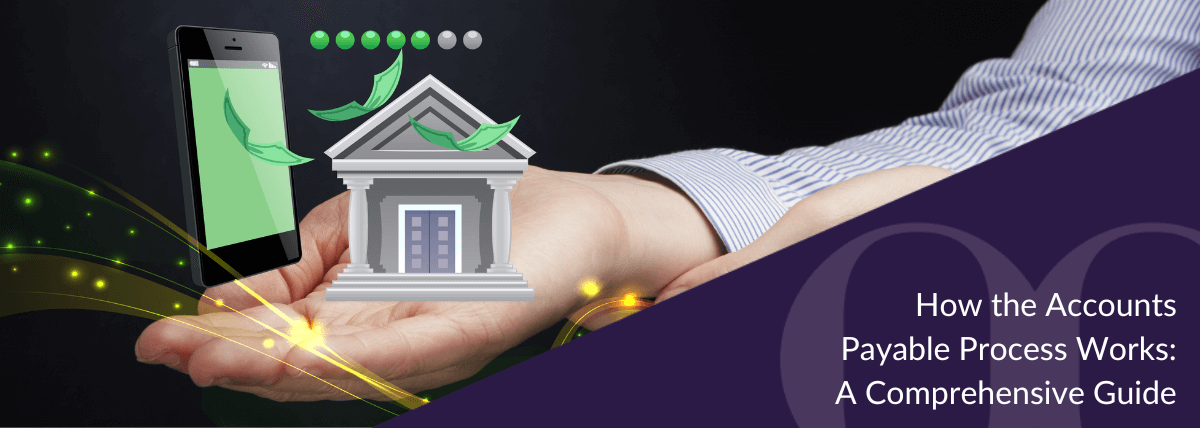Bookkeeping and accounting are essential functions of any business, but they can be time-consuming and complex as your business expands and you spend more time on revenue-generating activities. Depending on the country and industry that your business operates in, companies are required to comply with the approved accounting standards. In Malaysia, companies are required to prepare financial statements that comply with standards established by the Malaysian Accounting Standards Board (MASB).
Why outsource accounting services?
When selecting an outsourced accounting and bookkeeping services provider, one with vast experience, regional presence, and network is especially beneficial as it has in-depth knowledge of local business environments throughout the region. It can help you consolidate multinational taxes and manage cross-border accounting to ensure strong financial compliance and reporting, reduce your risk, and enhance your efficiency.
In this article, we’ll take a look at the top 5 reasons why companies should use an outsourced why outsourced services are becoming an increasing trend, according to the Global Finance And Accounting Business Process Outsourcing Market Report, 2023 published by Research and Markets.
1. Reduce cost and save time
With bookkeeping and accounting done in-house, companies are faced with situations of employee resignations, which results in the time and cost required to train new staff. When employees leave a company, they also take with them a wealth of knowledge and insights. This loss can have a significant impact on your business’s operations, productivity, and continuity. But by entrusting these services to an outsourcing partner, you can safeguard against such knowledge gaps and ensure undisrupted and seamless operations.
By utilising outsourced bookkeeping and accounting services with a monthly fee, companies gain access to a team of experienced accountants who can provide services such as monthly bookkeeping, invoicing, accounts payable management, financial statement preparation, and cash flow forecasting. With these operational tasks taken care of by the vendor, companies can then focus on their core competencies and growth.

2. Stay compliant with accounting standards
Not staying compliant with local rules and regulations can be costly in terms of financial penalties, not to mention the time spent on dealing with the auditors and regulators. As your company expands its scale across multiple regions and countries, the tediousness and complexity of keeping up with the paperwork for accounting and tax reporting intensifies. In order to avoid any blunders, a proficient accounting firm that is well-versed in both local and international accounting frameworks and financial reporting standards like GAAP and IFRS can be the perfect companion to assure you of legal compliance.
3. Foster international business growth
Companies exist for a reason – to grow. An outsourced accounting services provider can be an invaluable business partner on your growth journey. They can provide detailed advice and accurate data at any time so you can make timely strategic business decisions.
For large businesses, an outsourced accounting partner can also help to establish internal accounting controls at your headquarters and roll these out within other branches. Having consistent internal controls in place across your regional locations means you can easily generate accurate group-wide data at any time of the year.
As your business grows and expands regionally or globally, your accounting operations may become increasingly sophisticated and complex, suddenly requiring a higher number of staff and specialists to execute. Outsourced accounting services can adapt to this immediate change, so you can forgo the process of hiring an extra workforce and organising additional training.

4. Maximise tax benefits and tax deduction
Companies may be unaware of tax exemptions that they can benefit from, especially with the many changes and incentives announced during Malaysia’s annual budget each year. There are many types of taxes that MNCs and small business owners should be aware of, such as Malaysia Corporate Tax, Digital Tax, Stamp Duty, Sales and Service Tax (SST), and Withholding Tax.
Eligibility for deductions for the different taxes can be difficult to grasp due to the complexity of the requirements. The intricacies of numerous tax treaties may also be difficult to comprehend, resulting in unnecessary double taxation. An experienced outsourced accounting service provider can help you prevent such occurrences and take advantage of the appropriate tax benefits. This enables your company to maximise profits while ensuring tax compliance with accurate tax filing and advisory services. This also reduces the risk of an audit by tax authorities.
5. Move to digitalisation – Cloud accounting software solutions
The emergence of digital transformation has unlocked endless opportunities to turn data into actionable insights, but it has also left businesses struggling to maintain the skills necessary to achieve success in this new era.
An outsourced accounting services vendor with expertise in cloud accounting software like Xero can help free up finance professionals’ time so they can pursue strategic business goals. Besides the convenience of accessing data in real-time anytime and anywhere, cloud accounting has gained popularity due to its low cost, which eliminates the need for expensive on-premises software installations. Instead, with a SaaS model, companies only pay for the resources they use, allowing for scalability as their needs evolve.
Cloud accounting providers also have robust security measures in place to protect sensitive financial information from unauthorised access, loss, or hardware failure. This ensures a higher level of security protection compared to traditional on-premises solutions.

6. Reduce manual errors and financial risks
The cloud accounting software provided by the outsourced services vendors often possesses automated systems and built-in features, which can easily reduce the occurrence of errors commonly experienced in multiple accounting tasks, such as manual data entry, tax calculations, transaction recording and financial statement preparations.
A dedicated and trained team will be assigned to operate this advanced accounting software, fully utilising it to give you a comprehensive view of your financial data for better analysis and insights, significantly minimising your financial risks.
Choosing the right accounting and bookkeeping services provider for your business
A full-service accounting and bookkeeping firm goes beyond transactional processing. It should be able to take over all aspects of your accounting and bookkeeping, from your accounts receivable (AR) and accounts payable (AP) to your general ledger and financial reporting. An experienced outsourced services provider will be able to quickly and easily identify effective solutions for any accountancy challenges and ensure that your company has followed all the correct audit protocols. They will also be able to provide business support in other additional areas, such as cash flow management, to help your company reach its goals.
No matter where your business is on the growth journey, by partnering with an expert accounting service provider, you can save time and money, access immediate expertise, ensure compliance, and, ultimately, improve your business performance.
BoardRoom’s world-class accounting and tax services can help you reach your business objectives and maintain a competitive edge. And don’t just take our word for it – see what our clients say about our service!
Related Business Insights
-

11 Oct 2024
How the Accounts Payable Process Works: A Comprehensive Guide
Learn how our outsourced services can streamline your accounts payable process to enhance efficiency, reduce costs, …
READ MORE -

26 Aug 2024
Mastering Payroll in Manufacturing Industry: Advanced Solutions for a Global Workforce
Simplify your payroll processing in manufacturing industry with BoardRoom’s real-time data processing and advance …
READ MORE -

08 Jul 2024
Guide to Filing Annual Returns in Malaysia
Ensure compliance and maintain your business's integrity in Malaysia with this guide on filing annual returns effic …
READ MORE




